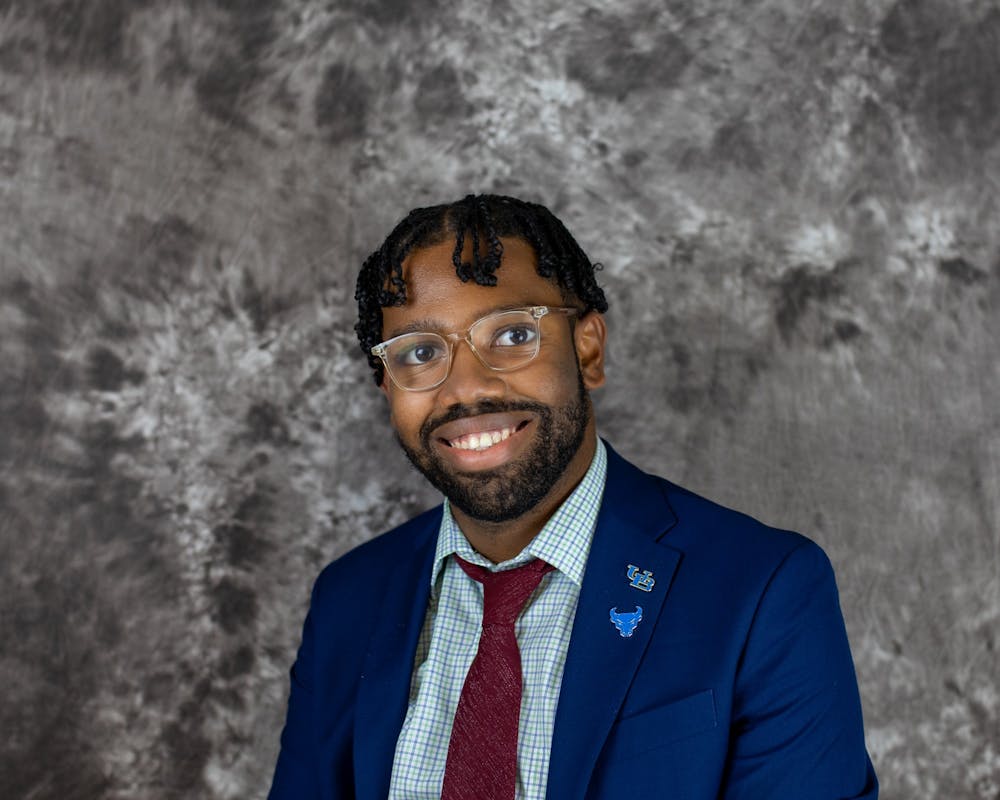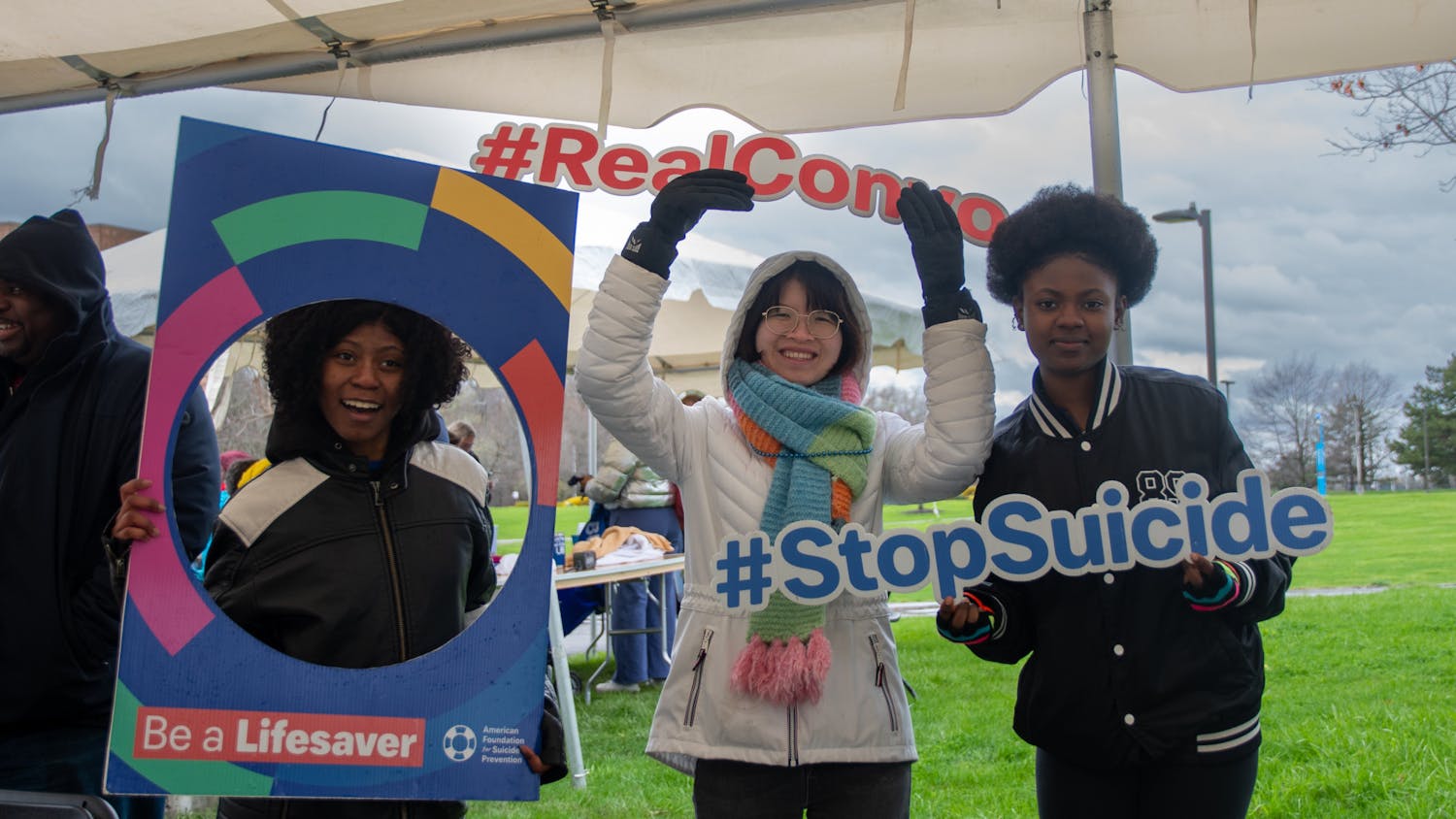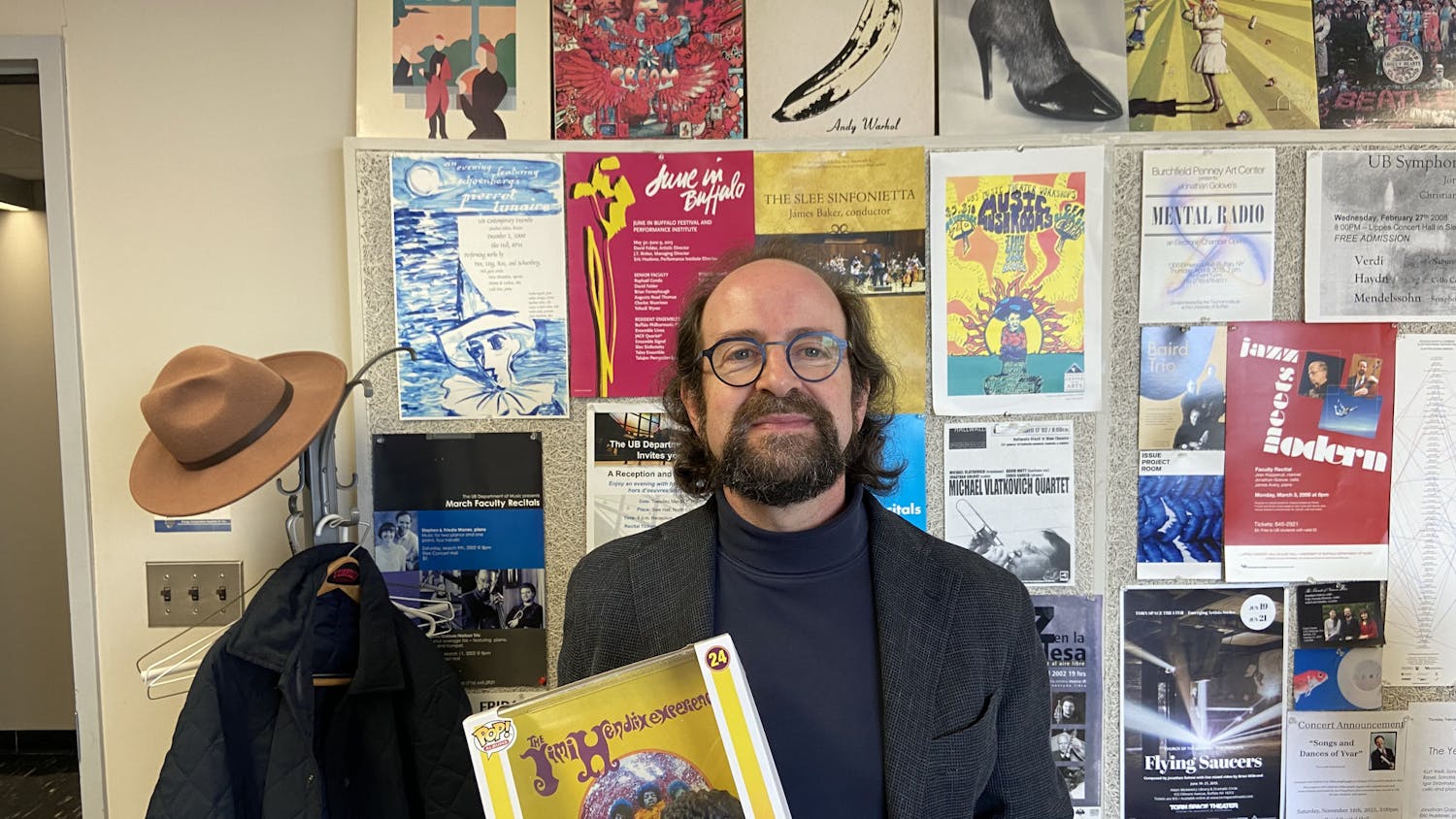“What do you want to be when you grow up?”
It’s a question most of us have been asked countless times by our parents, guardians, teachers and relatives, ever since we were able to speak our first words.
I have wanted to be many things.
I wanted to be a lawyer, wearing a five-piece suit with a spacious office overlooking New York City, who came into work determined to fight for justice.
I wanted to be the eccentric billionaire with a Manhattan penthouse, multiple fast cars and the ability to use my astronomical earnings to innovate solutions to droughts in underprivileged communities, make quality healthcare more accessible to those who could not afford it and build more affordable housing in my home city of New York, where gentrification disproportionately pushes people of color out of their homes.
I wanted to be the politician who relentlessly worked to make the society around them more equitable.
So, I created a career list.
Since the age of 10, I have been planning out my career path on a single sheet of loose-leaf paper: college (ages 18-21), NYPD officer (ages 22-26), NYPD detective (ages 27-32), lawyer (ages 33-37), businessman (ages 38-60), mayor of New York City (ages 61-67) and president of the U.S. (68-76).
While this career list would change from year to year, there was one thing that never did: I always knew what I wanted, and I was always determined to chase it.
That sheet of loose-leaf paper from my childhood has evolved into an excel spreadsheet with over 80 potential career paths, side hustles and ways to invest my money.
But, in my interactions with others, no one has shown or told me that they do the same thing, which I found a little off putting. People have told me about some of their career goals and dreams. But they typically don’t have their career planned out or know how they will achieve their career goals beyond college.
In fact, when I talk to my peers, I find that many of them are uncertain about what they want to do after they graduate. Some of them are working towards a degree without knowing what they want to do with it once they graduate.
One of the most common reasons they do this that I have heard: family expectations.
My family always had strict, high expectations of me. Those expectations did not always align with my own, so I set mine aside many times. I just didn’t want to be stressed out. I didn’t want the people who raised me to question my abilities and goals. I wanted to avoid being abused.
For many college students, the pressure of familial expectations has swayed their decisions, even to the point where they’re in a major they don’t see themselves.
College is meant to give students the education they need to achieve the career of their dreams.
But how can you chase a dream if you don’t know what your dream is?
Or, worse, if you’re being forced into one?
Before they go to college, the typical American student goes through one to two years of preschool, six years of elementary school, three years of middle school and four years of high school.
We are taught math, history, science, english and various other subjects in our standardized education. But we are rarely taught how to identify what career we want to take on and how to get there.
To be fair, the career paths we thought best fit us a decade ago, or even two years ago, do not always align with what we currently envision for our future. But how are you supposed to know what you want to do after you graduate, if you didn’t start thinking about your career dreams and how to achieve them?
Why does the American education system predominantly wait until after we graduate high school to let us explore — and learn more about — the career paths that we are curious about?
Why does the education system wait until we are out of high school to teach us the essential skills we need to have a successful career?
As students, we should be able to explore career paths before we get into “the real world.” Many teachers talk about the “real world” but never teach us how to navigate it.
“The real world” is here. We need guidance now before it’s too late.
We need more career coaching. Academic advisers are not enough.
I have been enrolled in two different majors as an undergraduate at UB, and in both cases, my advisers focused solely on making sure I met my academic requirements to “stay on track.” They weren’t thinking about how to put me on track to reach my career goals. Even in high school and middle school, my advisers simply focused on grades and graduation requirements. What about being on track to a successful career after graduating?
I am done with the system that deceives me and my peers into thinking that our success is defined by how high our grades are and how satisfied our family members and teachers are.
We are so much more than SAT scores, GPAs and conforming to our family’s expectations.
I am tired of the academic stresses and societal pressures that cause so many of us to develop mental health disorders. We are enough even if we don’t conform to their system.
We have dreams and we should be given the tools to chase them.
A.J. Franklin is an assistant features editor and can be reached at aj.franklin@ubspectrum.com





